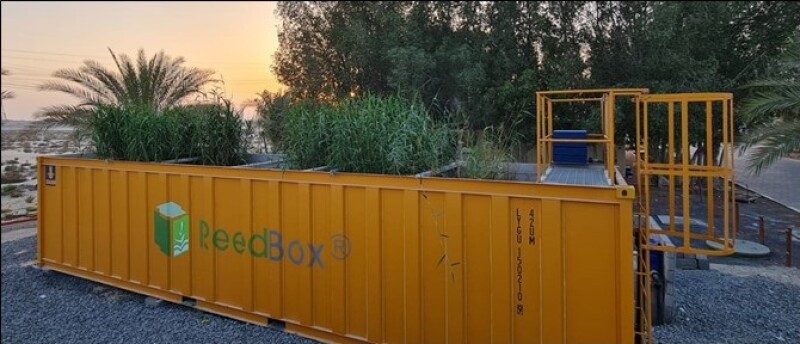The oil and gas industry produces varying forms of waste water throughout the exploration, production, and processing chain. Human presence across onshore and offshore facilities leads to the generation of domestic waste water at worksites and accommodation facilities.
Traditionally, oil and gas companies, including their engineering consultants and contractors, have opted for conventional treatment technologies to manage the vast volumes of domestic waste water, which is often generated in remote concession areas. The activated sludge process, extended aeration, membrane bioreactors, and sequencing batch reactors are some of the generally accepted treatment technologies. They are implemented to function as either centralized infrastructure solutions meeting the treatment demand for a larger permanent population or as portable package plants that can follow the frequent movement of smaller camps involved in seismic exploration or well drilling activities. However, such technical mechanical processes can often be susceptible to the variable loading and harsh operating conditions experienced in remote locations and, therefore, require close operation and maintenance attention.
Nature-based solutions, by virtue of their operational simplicity, robust performance, and minimized reliance on electromechanical equipment and chemical inputs, offer an appropriate treatment alternative with added sustainability and economic benefits.
Oil and gas exploration and production activities often take place in remote areas with no immediate wastewater treatment access. It is industry practice to establish treatment facilities or to tanker waste water long distance to municipal treatment facilities outside the concession areas. The remote setting and harsh operating conditions make it challenging for mechanical treatment systems to comply to national effluent discharge standards.
This paper explores whether a nature-based portable solution can help overcome this challenge while promoting sustainability.
A test unit was deployed to the Khalifa Industrial Zone Abu Dhabi in the United Arab Emirates, and treatment performance was tested for compliance. Following a 26-week test period, a third-party performance verification confirmed that the test unit satisfactorily treated the waste water, producing an effluent in full compliance with the Abu Dhabi Recycled Water and Biosolids Regulations for P1 Unrestricted Reuse. As a result, the portable nature-based wastewater treatment system offers a green alternative to operators and contractors.

